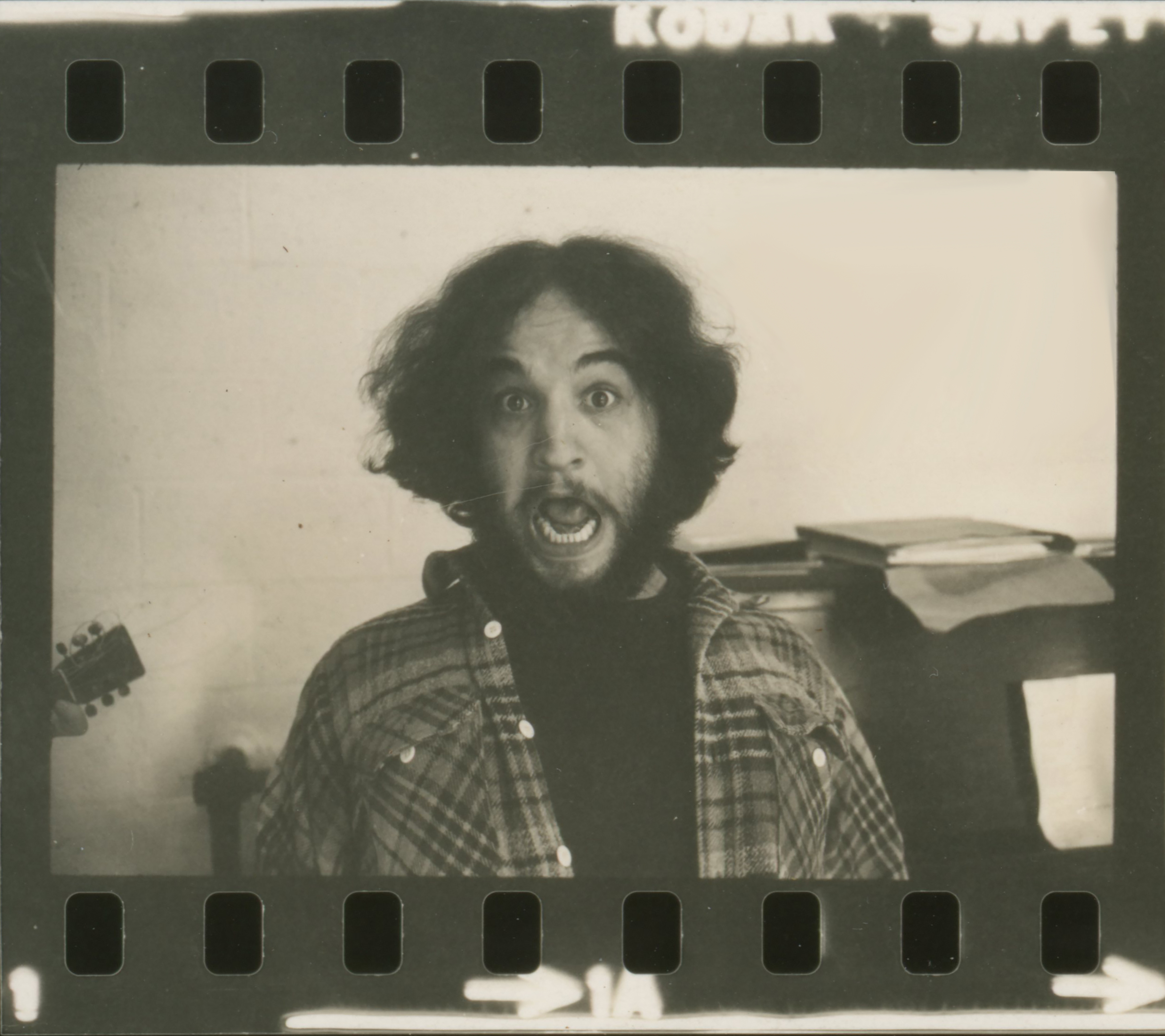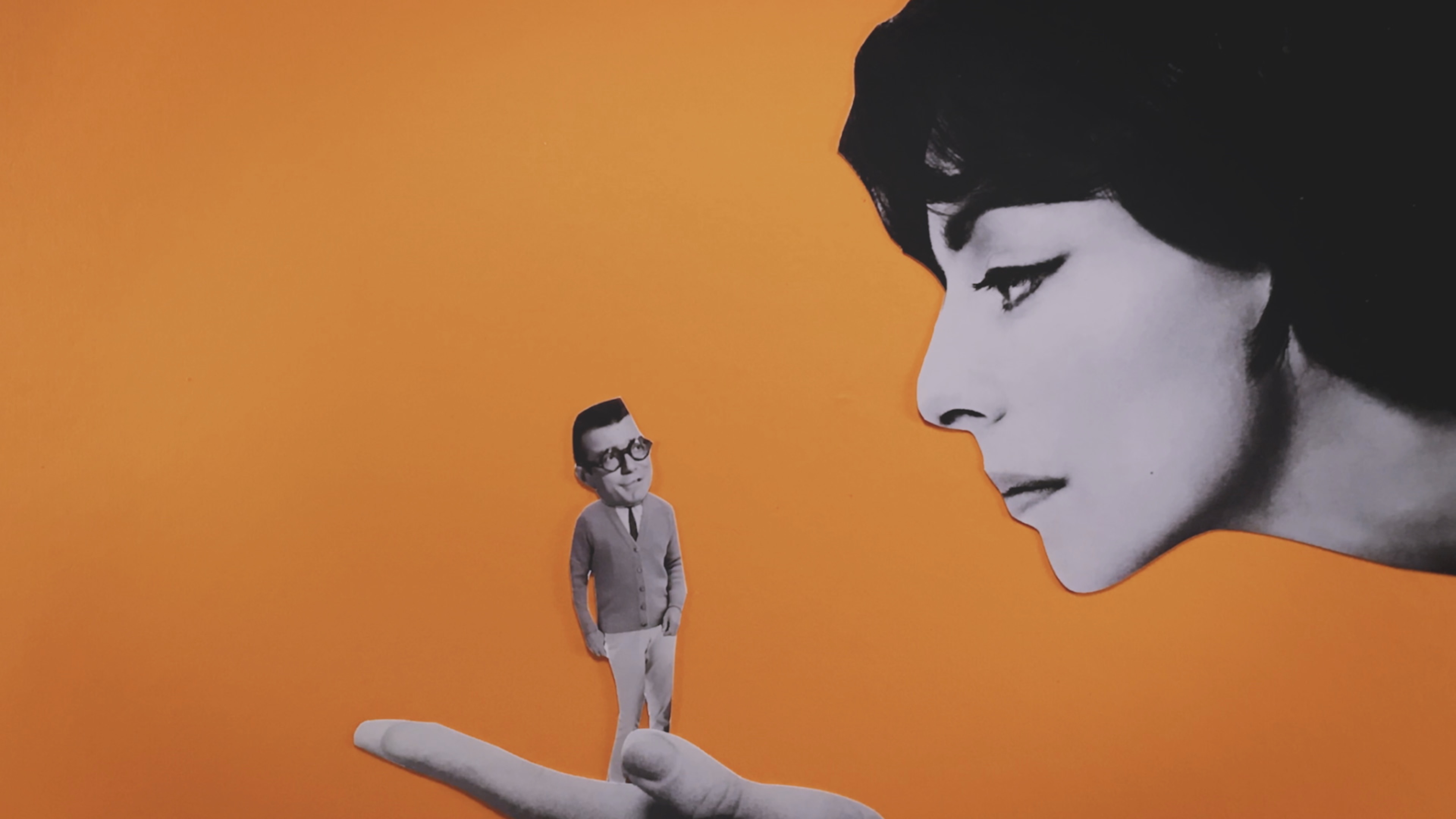Now Playing
Current DJ: Sarah A.
The French Goodbye Manitoba from Sueños Son Sueños (Roydale) Add to Collection
Requests? 773-DJ-SONGS or .(JavaScript must be enabled to view this email address)

written by Kyle Sanders as part of his coverage of the 2020 Chicago International Film Festival
Comedy, like a documentary, is always better when it's honest. There's truth in comedy as there is truth in documentary, so I guess making documentaries about comedy legends would seem like the right thing to do.
Coincidentally, both men happen to be groundbreaking legends of the comedy world, having ties to the same Chicago institution where they even shared the same space for a moment in time. They also both died way too soon.
What these men also have in common is their extremely complicated dark sides that contrasted with their bright improvisational talents.
Belushi opened this year's Chicago International Film Festival, and is about the late Saturday Night Live veteran. Acclaimed filmmaker R.J. Cutler (The War Room, The September Issue) weaves audio interviews with some of Belushi's most common collaborators (including Dan Ackroyd, Chevy Chase, Lorne Michaels, and the late Harold Ramis) to narrate his rise and fall, from his Albanian upbringing in Wheaton, Illinois, to his early start at Second City and the National Lampoon Radio Hour, to his eventual rise to stardom in comedy classics like Animal House and The Blues Brothers. Behind his anarchic and unpredictable persona, however, hid a vulnerable, erratic individual who only felt comfortable on stage rather than off it.

For Madmen Only might sound like another installment of the Don Draper files, but it's actually Heather Ross' poignant look at the life of improv legend and co-founder of the (recently closed) iO Theater Del Close.
At once a comedic genius and a tortured soul, Close is widely known for creating The Harold, a longform improv performance that took him decades to develop, all the while making a name for himself with such legendary performing troupes as The Compass Players, The Committee, and Second City.
He trained and directed many notable improv stars (and future SNL alums) such as Belushi, Chris Farley, Tina Fey, Mike Meyers, Tim Meadows, and Amy Poehler. For as brilliant as he was however, Close was not without his vices, suffering drug addictions and borderline insanity (having been committed even while performing improv every night). Yet his wacky mind led to an enduring and influential legacy still witnessed and performed in the improv theaters today.

These "dangerous" men of comedy have many similarities and yet their respective documentaries tell their stories in unique and vivid ways. Cutler relies on unreleased audio recordings instead of talking head interviews, while Ross recreates moments in Close's life with actual actors (who got their start in improv to boot).
Funny enough, both documentaries involve animated sequences for particular moments. What isn't told with personal family home movies or archived TV and film clips, animator Robert Valley recreates Belushi's childhood moments featuring the performer's distinctive arched eyebrow. Meanwhile, Ross recruits Kendra Morris to construct stop-motion photographic images to animate the evolution of Close's relationship with actress Elaine May.
When you're chronicling the lives of two of comedy's most revered entertainers, you've got to get a little creative here and there.
John Belushi and Del Close were two shining stars whose lights prematurely burned out (Belushi died of a heart attack in 1982 while Close died from emphysema in 1999). But for two complex performers who left everything on the stage, these documentaries leave no stone unturned as to why they have enduring legacies in comedy.
Next entry: The Ties That Bind: Reviews of “The Special” and “Gaza Mon Amour”
Previous entry: In Rotation: Hot Robotics